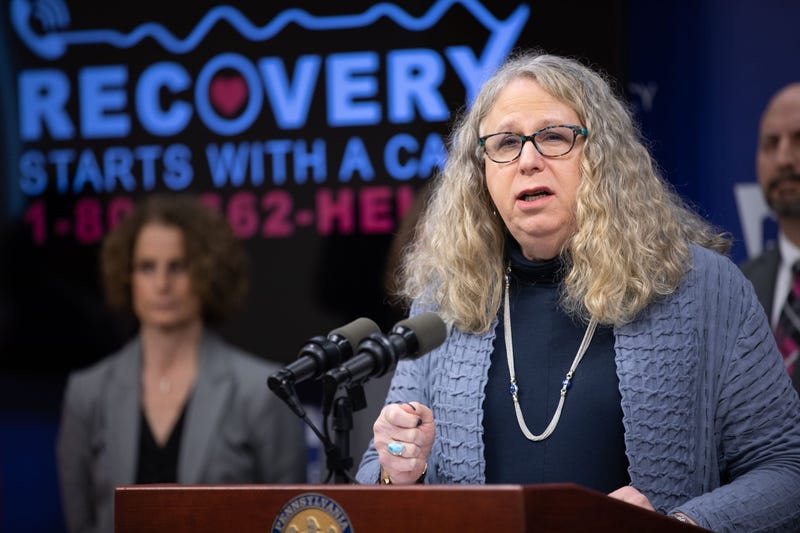
The Wolf administration intends to address the opioid crisis at its source — prescription medications — through what Secretary of Health Dr. Rachel Levine calls "opioid stewardship."
"It's a disease. It's not a morale failing," said Levine, adding it's critical for everyone to come to terms with the disorder. "We are working with the medical community to prescribe opioid pain medications much more carefully and more judiciously."
She said the Pennsylvania Prescription Drug Monitoring Program for prescribers and dispensers has reduced the prescription of opioids by 24 percent over the last two years, "virtually eliminating doctor shopping," she said.
"Since that time, first responders have saved over 20,000 lives using naloxone," she noted. "Later in 2015, I expanded that standing order so that anyone in Pennsylvania can go into a pharmacy and obtain naloxone, based on my prescription as a state health official. They don't need their personal physician's prescription."
The state Department of Human Services now has 45 centers across the commonwealth that provide treatment to those on Medicaid, suffering from a substance use disorder. They have treated more than 12,000 people. More than 60 percent are staying in treatment longer than 30 days.
Just before Christmas, the governor renewed the commonwealth's heroin and opioid disaster declaration, as he has done every 90 days since the first declaration last January. He did so because the epidemic was killing more people than any other health crisis.
